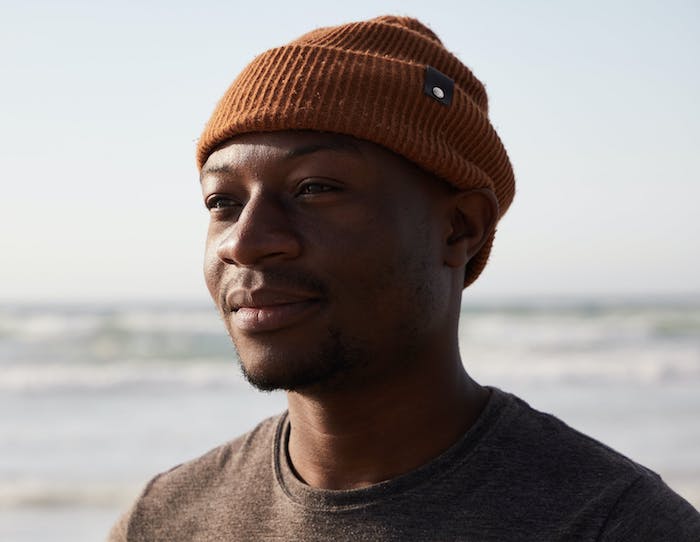Over the past year, we have been dealt a hand that can make it pretty difficult to hold on to hope. But that also means it’s a time when we need hope more than ever.
Martin Seligman, PhD, the director of the Penn Positive Psychology Center at the University of Pennsylvania, puts it this way: “The data [is] that being cheerful and merry doesn’t do anything at all. It’s being optimistic and hopeful. These are the people who go on to be more productive, healthier, and better leaders.”
We’re here to encourage you to do just that! After all, hanging on to hope can actually affect your mental (and physical!) health for the better.
“After the pandemic and as it ends, it’s hope and optimism that are going to predict recovery, leadership, and our future,” Seligman told APA. Not only that, but one study found that hope can even cause an increase in life span and a decreased risk of chronic diseases.
Now that we have your attention, here are four tips for adopting this hopefulness and making it a way of life!
1. Look for the good.
The best way to overcome challenges and difficulties is by looking for the silver lining.
Remind yourself of what you’re capable of and what you’ve overcome in the past. Or, even simpler, just get out of your head! Spend time with people who uplift you, go get some Vitamin D, or engage in an activity you love. Distract yourself from bad news, social media, and other triggers and stressors.
It might take some extra effort on your part, but retraining your brain to focus on the positive will eventually trickle into all areas of your life.
2. Regain control.
Though some may see hope as a passive approach to life, researchers say it’s actually an active coping mechanism.
“Most people think about [hope] … like the sprinkles on an ice cream, like it’s great if it’s there, but I think it’s actually fundamental to our basic well-being,” Nancy Colier, a psychotherapist and interfaith minister, told USA Today.
Hope gives us a chance to reconsider what is possible and regain strength and control by clinging to those possibilities.
Matthew Gallagher, an associate professor of clinical psychology, added, “Hope is how we can think about our goals for the future, the extent that we can identify pathways or strategies to achieve those goals, and then maintaining the motivation… even in the face of obstacles or setbacks.”
3. See failures as isolated events.
Experts describe pessimists as those who see any good thing that happens to them as simply “good luck.” Similarly, whenever something doesn’t go their way, pessimists tell themselves that this is “typical.” In other words, they wire their thinking in such a way that they convince themselves that bad luck is their default.
On the flip side, optimists see failures as isolated events. They don’t blame failure on themselves but rather on momentary “bad luck” or external factors outside of their control. They also don’t see negative circumstances as an indication of how all of their life will turn out, but rather as an unfortunate one-off event.
Because of this, they are able to bounce back and continue to hope for better the next time!
4. Be grateful.
According to Colier, gratitude it a key cog in the maintenance of hope. It doesn’t have to be a dramatic display, but rather the simplicity of joy over a child who ate their whole dinner, a train that arrived on time, or a friendly cashier at the grocery store.
“Gratitude and appreciation end up stoking this fire of a larger hope. And those are well within our control,” she explained. “Make it very much in this moment. What can I hope for? And what can I do towards that?”
Especially with the trauma so many of us have experienced over the past 12 months, our brains can automatically default to fear and survival. But practicing gratitude reminds us of everything we’ve overcome thus far – and of all the excitement and joy we have to live for!
As Colier says, “Hope brings oxygen into our consciousness. If we generate hope, then we are motivated. We’re motivated to act because we feel that there’s possibility that the outcome that we want might happen. If we don’t have hope, where do we find motivation?”
The best is yet to come! If that really is true, then what better way to spend the present than by living with joy and excitement for what’s ahead?
Share this story with someone who could use an extra dose of hope today.
Want to be happier in just 5 minutes a day? Sign up for Morning Smile and join over 455,000+ people who start each day with good news.









